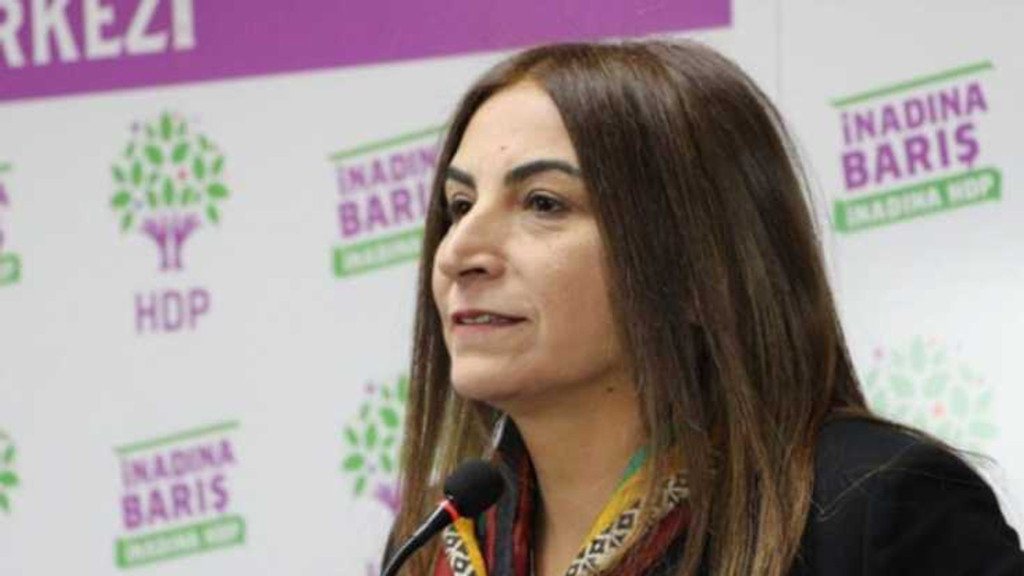Turkey’s Council of Forensic Medicine (ATK) on Friday sent jailed Kurdish politician Aysel Tuğluk, who suffers from dementia, back to a maximum security prison in Kocaeli province after a three-day observation of her condition, the Stockholm Center for Freedom reported.
According to the Evrensel daily, Tuğluk was under observation to determine if she was fit to remain in prison although a previous hospital report deemed her unfit. “The court ruled for my sister to be observed for a maximum three week period,” said Tuğluk’s brother Alaattin Tuğluk. “Although we didn’t expect her to stay at the ATK for three weeks, we also think three days is not enough.”
As the number of sick prisoners dying in prison has increased, doubts about the credibility and independence of the council have grown, as the institution is affiliated with the Ministry of Justice.
Tuğluk was arrested on December 29, 2016, when she was deputy co-chair of the pro-Kurdish Peoples’ Democratic Party (HDP), along with seven other Kurdish opposition politicians. She was sentenced to 10 years in prison on charges of serving as an executive of a terrorist organization and taking orders from Abdullah Öcalan, the jailed leader of the outlawed Kurdistan Workers’ Party (PKK), an armed group listed as a terrorist organization by Turkey, the European Union and the US.
Tuğluk has denied the accusations, saying she never called for violence and always sought democratic solutions to problems the Kurds faced.
On September 5, 2021, her lawyers issued a written statement saying Tuğluk was sick and was denied access to proper healthcare in prison, without disclosing her illness. It was later revealed she was showing symptoms of dementia.
In January several nongovernmental organizations in a letter urged the United Nations to take “urgent” action for the release of Tuğluk, saying her health had deteriorated considerably.
The letter urged UN rapporteurs and the working group for urgent action to intervene against ongoing rights violations targeting Tuğluk, specifically asking them “to urge the Turkish Government to immediately release Aysel Tuğluk and other severely ill prisoners who are not fit to remain in prison in compliance with Turkey’s domestic and international law obligations” and “to communicate the concerns in relation to violation of prisoners’ rights to medical services and to investigate the circumstances behind the refusal to release severely ill prisoners.”
The letter also urged UN rapporteurs and the working group “to invite the Turkish Government to ensure that all prisons in Turkey have an adequate number of medical staff, including doctors and that they work freely without any undue interference with their work” and “to ensure the Turkish Government allows greater accountability and transparency of prison living conditions by enabling visits and inspections from human rights groups and nongovernmental entities.”
According to her lawyer, Tuğluk was issued a report by a medical board comprising nine physicians at Kocaeli University Hospital stating that she couldn’t survive on her own. Tuğluk was denied release after a brief examination, despite the medical board report.
Human rights activists and opposition politicians have frequently criticized authorities for not releasing critically ill prisoners so they can seek proper treatment. Human rights defender and HDP deputy Ömer Faruk Gergerlioğlu said ill prisoners were not released until they were at the point of no return.
HDP deputy Züleyha Gülüm said political prisoners were the most disadvantaged and were often the least likely to be released in the event of a serious health problem.



